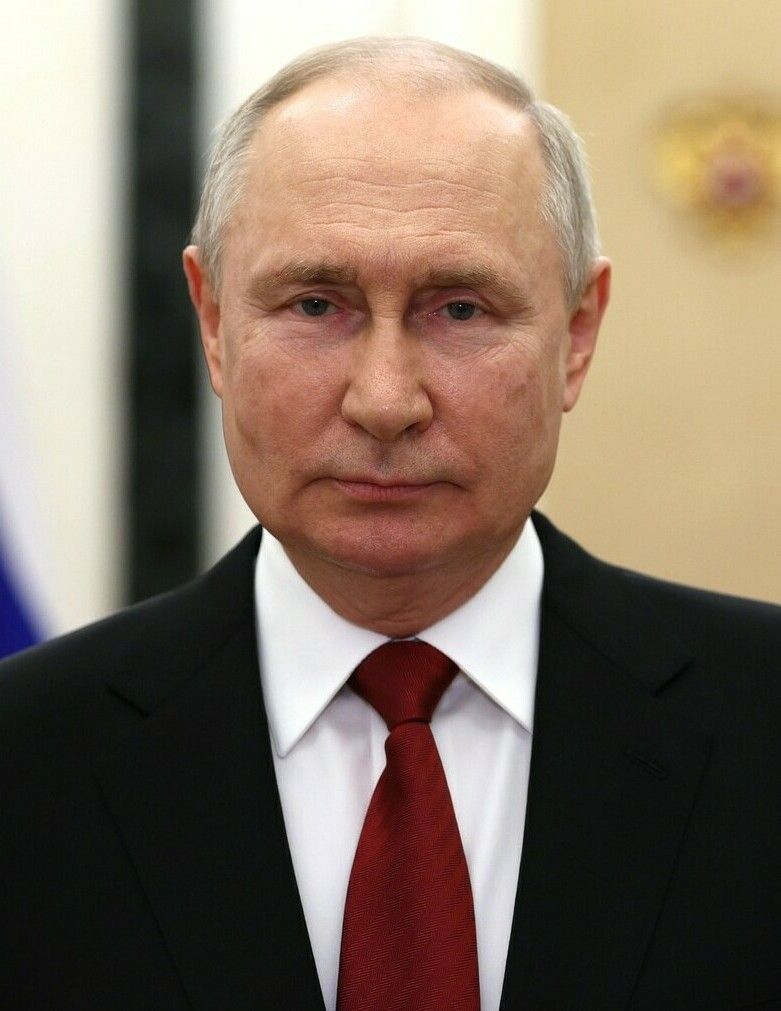Unlocking Alliances: The Intriguing Dynamics of African Military Contracts with Russia
It's important to grasp the multifaceted nature of these military contracts and cooperative arrangements, as they hold diverse implications for both Russia and the African nations involved.

When African nations engage in military agreements with Russia, they are essentially forming collaborative partnerships for military support and cooperation with the Russian government or affiliated entities. These contracts encompass a wide range of components, including the supply of military hardware, training for troops, post-sales services, and the sharing of technological expertise. The specific terms and extent of these agreements can vary based on the mutual arrangements established between the involved countries.
In recent times, Russia has actively pursued military collaboration with African nations. According to statements made by Russian President Vladimir Putin, Russia has inked military pacts with more than 40 African countries. Adding a unique dimension to Russia's military endeavors in Africa, the Wagner Group, a private military entity, has assumed a significant role. Since 2017, this group has been operational in multiple African countries, providing direct military backing, security services, and even influencing narratives through propaganda initiatives.
It's important to grasp the multifaceted nature of these military contracts and cooperative arrangements, as they hold diverse implications for both Russia and the African nations involved. For Russia, these initiatives can serve as means to extend its sphere of influence, garner diplomatic backing, and advance its foreign policy interests within the African continent. Conversely, African countries might pursue military cooperation with Russia for reasons such as acquiring advanced weaponry, bolstering their defense capabilities, or deepening diplomatic connections.
Ultimately, the signing of military agreements between African countries and Russia signifies a significant level of military partnership and interaction, potentially impacting defense capabilities and geopolitical dynamics.
Advantages of African Countries Engaging in Military Contracts with Russia:
- Acquiring Military Equipment and Technological Know-How: These contracts enable African nations to obtain modern military hardware and benefit from the transfer of cutting-edge technologies.
- Elevating Defense Capabilities: By collaborating with Russia, African nations can enhance their defense capabilities, contributing to regional stability.
- Strengthening Diplomatic Bonds: Military cooperation can also serve as a conduit for cementing diplomatic relationships between African countries and Russia.
- Risks Associated with African Countries Entering Military Agreements with Russia:
- Possible Compromise of Sovereignty: These contracts might entail risks of infringing upon the sovereignty of African nations.
- Dependence on Russian Military Assistance: An overreliance on Russia for military support could lead to a certain degree of dependence.
- Involvement of Private Military Contractors: The participation of entities like the Wagner Group can introduce destabilizing factors.
- Being Drawn into Russia's Geopolitical Agenda: There's a potential for African nations to become entangled in Russia's broader geopolitical pursuits.
- Becoming a Pawn in Superpower Rivalry: These agreements might expose African countries to becoming instruments in the rivalry between Russia and Western powers.
- Risk of Proxy Conflicts: African nations could find themselves inadvertently involved in proxy conflicts driven by Russia's geopolitical interests.
- Susceptibility to Sanctions and International Pressure: These agreements might make African countries vulnerable to sanctions or international pressures.
To mitigate these potential pitfalls, African nations should carefully deliberate over the terms and extent of their military agreements with Russia. Exploring alternative security arrangements devoid of private military contractors could be prudent. Additionally, it's crucial to balance military collaboration with Russia against maintaining relationships with other global powers, like the United States and China, to avoid being ensnared in geopolitical competition.
In response to Russia's growing military collaborations with African nations, the United States has advocated for a nuanced approach. Rather than adopting an automatically adversarial stance toward Russia, the US suggests a multi-faceted policy response. The United States acknowledges that cooperative partnerships between Russia and African governments might be sought after, but the destabilizing elements associated with some Russian actions are a cause for concern. The US underscores the importance of legitimacy and aligning with aspirations for a stable, rules-based future in Africa.
Russia has solidified more than 20 bilateral military cooperation pacts with African countries since 2015. According to Reuters, Russia has forged at least 19 such agreements with sub-Saharan African governments since 2014. As of July 2023, Russian President Vladimir Putin disclosed that his nation had established military-technical cooperation accords with over 40 African states. Nevertheless, the United States expresses apprehension that African leaders embracing Russia's "mercenary diplomacy" might inadvertently surrender aspects of their sovereignty, similar to the Syrian scenario. The US emphasizes the priority of African stability and cautions that agreements compromising African sovereignty may prove challenging to nullify.

